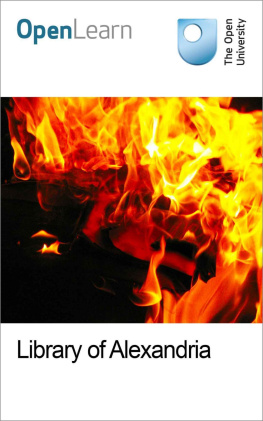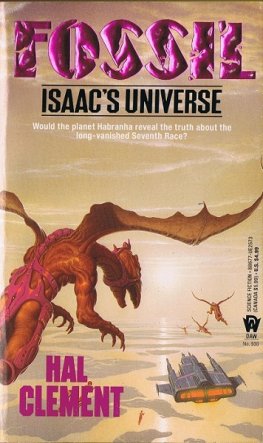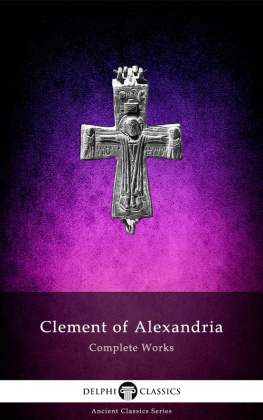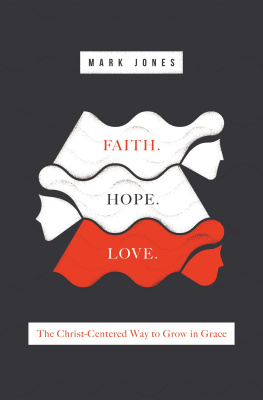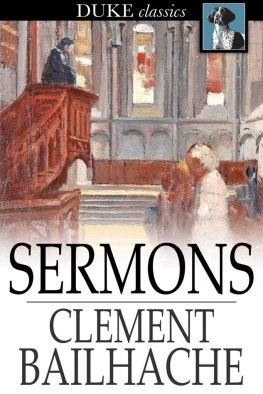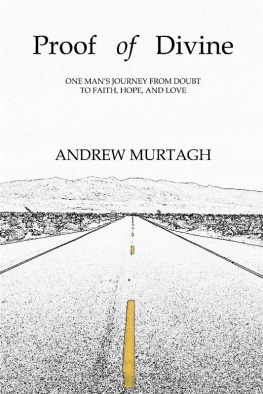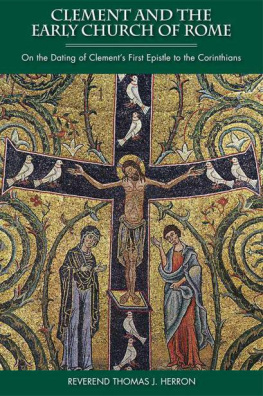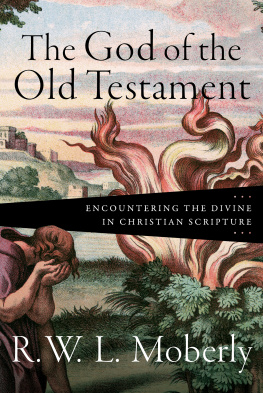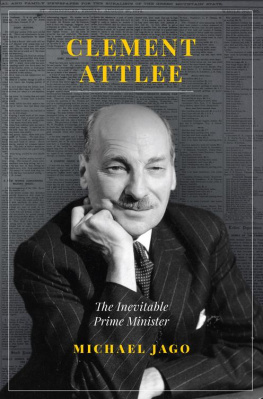A863_1
Library of Alexandria
About this free course
This free course is an adapted extract from the Open University course A863 MA Classical Studies part 1: http://www3.open.ac.uk/study/postgraduate/course/a863.htm.
This version of the content may include video, images and interactive content that may not be optimised for your device.
You can experience this free course as it was originally designed on OpenLearn, the home of free learning from The Open University www.open.edu/openlearn/history-the-arts/library-alexandria/content-section-0
There youll also be able to track your progress via your activity record, which you can use to demonstrate your learning.
Copyright 2016 The Open University
Intellectual property
Unless otherwise stated, this resource is released under the terms of the Creative Commons Licence v4.0 http://creativecommons.org/licenses/by-nc-sa/4.0/deed.en_GB. Within that The Open University interprets this licence in the following way: www.open.edu/openlearn/about-openlearn/frequently-asked-questions-on-openlearn. Copyright and rights falling outside the terms of the Creative Commons Licence are retained or controlled by The Open University. Please read the full text before using any of the content.
We believe the primary barrier to accessing high-quality educational experiences is cost, which is why we aim to publish as much free content as possible under an open licence. If it proves difficult to release content under our preferred Creative Commons licence (e.g. because we cant afford or gain the clearances or find suitable alternatives), we will still release the materials for free under a personal end-user licence.
This is because the learning experience will always be the same high quality offering and that should always be seen as positive even if at times the licensing is different to Creative Commons.
When using the content you must attribute us (The Open University) (the OU) and any identified author in accordance with the terms of the Creative Commons Licence.
The Acknowledgements section is used to list, amongst other things, third party (Proprietary), licensed content which is not subject to Creative Commons licensing. Proprietary content must be used (retained) intact and in context to the content at all times.
The Acknowledgements section is also used to bring to your attention any other Special Restrictions which may apply to the content. For example there may be times when the Creative Commons Non-Commercial Sharealike licence does not apply to any of the content even if owned by us (The Open University). In these instances, unless stated otherwise, the content may be used for personal and non-commercial use.
We have also identified as Proprietary other material included in the content which is not subject to Creative Commons Licence. These are OU logos, trading names and may extend to certain photographic and video images and sound recordings and any other material as may be brought to your attention.
Unauthorised use of any of the content may constitute a breach of the terms and conditions and/or intellectual property laws.
We reserve the right to alter, amend or bring to an end any terms and conditions provided here without notice.
All rights falling outside the terms of the Creative Commons licence are retained or controlled by The Open University.
Head of Intellectual Property, The Open University
978-1-4730-1703-0 (.kdl)
978-1-4730-0935-6 (.epub)
Contents
Introduction
This OpenLearn free course encourages you to reflect upon and critically assess the factors that shape what we know about antiquity, as well as offering some insight into how different approaches to antiquity whether through texts, material culture, or modern receptions can work together. It is important to be aware of how studying the ancient world is always, at heart, an interdisciplinary endeavour, a fact which the case study in this free course demonstrates particularly well. You will explore the ancient Library of Alexandria, a great institution of learning and scholarship founded by the Ptolemaic rulers of Alexandria in the 3rd century BCE.
This OpenLearn course is an adapted extract from the Open University course A863 MA Classical Studies part 1.
Learning outcomes
After studying this course, you should be able to:
- understand the ancient and modern significance of the Library of Alexandria
- critically assess the evidence in the different accounts of its destruction
- understand the ways in which different modern contexts and ideologies shape our interpretations of historical events.
1Approaching the Library of Alexandria
One of the most important questions for any student of the ancient world to address is How do we know what we know about antiquity? Whether were thinking about urban architecture, or love poetry, or modern drama, a wide range of factors shape the picture of antiquity that we have today. Interpreting an ancient text, or a piece of material culture, or understanding an historical event, is never a straightforward process of discovery, but is always affected by things like translation choices, the preservation (or loss) of an archaeological record, or the agendas of scholars and Im sure you could think of many more factors to add to this list. These things certainly complicate our access to the ancient world, but they are also what make its study such a rich and rewarding pursuit!
You might find it useful to begin this free course with a quick overview of the Library of Alexandria by listening to the edition of the BBC Radio 4 programme In Our Time which dealt with the library.
We will begin by taking a look at key features of the Library of Alexandria and its modern counterparts, before examining the dramatic tales that have been told about its destruction, and the symbolic value that it continues to hold today. Although it is a famous ancient icon, there are surprisingly large holes in our knowledge of the Library, which the modern world has attempted to plug in all sorts of fascinating ways. This makes it an ideal topic for thinking about how to interpret and evaluate different kinds of material alongside each other, and about how you might sift the facts from the multi-layered stories and ideas that have been created since antiquity.
2The universal library?
If we think about a library collection as a body of knowledge, then we can see that the way in which that collection is built up, ordered, and classified, is very important. Not only is some kind of order necessary to help scholars both ancient and modern navigate their way through a mass of information, it also tells us something about the particular worldview that underpins that collection of knowledge, and the ideological purposes that motivate it. So, for example, we would expect a study of volcanoes to be classified as a scientific work, but the Greeks and Romans did not use the same sorts of categories to classify things: a text like Lucretius De Rerum Natura used quite different methods to explore the natural world, not least in its use of poetry to explain such diverse topics as the weather, geological features, or the human body.
The question of organising knowledge becomes even more pressing when we turn to the Library of Alexandria, for this was a collection that, many people believe, was intended to hold all books that had ever existed. Can such a claim be true? Lets begin by delving a little deeper into this part of the Librarys story. The belief in the Librarys universality can be traced to a letter by one Aristeas, apparently an Alexandrian courtier in the second century BCE; it is the earliest extant source that mentions the Library. In the course of describing how the Library came to hold the first Greek translation of the Hebrew Bible, the Septuagint (or Greek Old Testament), Aristeas explains how its first director, Demetrios of Phaleron, received large sums of money to gather together, if possible, all the books in the world (

